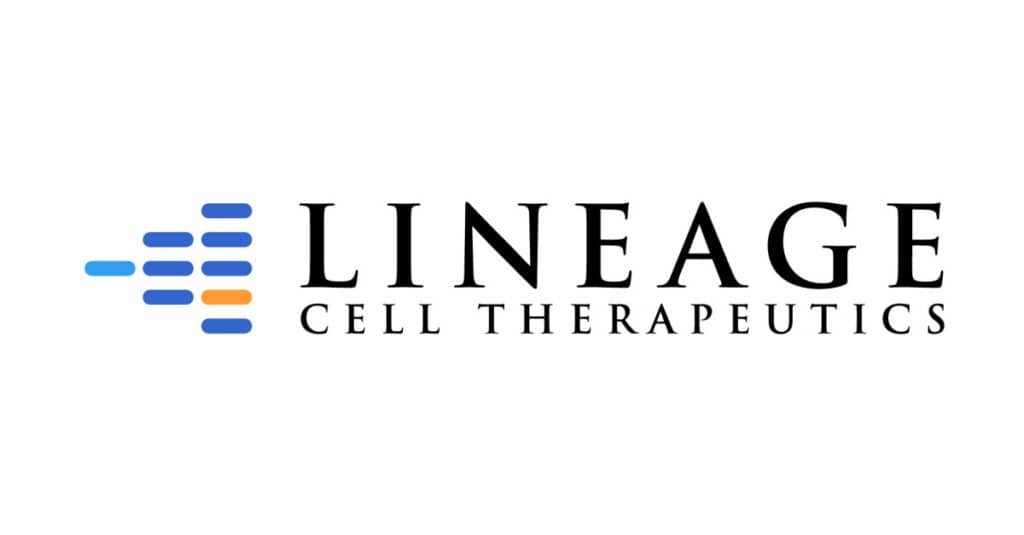Lineage Cell Therapeutics, Inc (NYSE American and TASE: LCTX), a clinical-stage biotechnology company developing allogeneic cell therapies for unmet medical needs, announced that the Company is expanding its novel cell therapy pipeline to include a new investigational product candidate, an auditory neuronal cell transplant for the treatment of hearing loss, with an initial focus on the treatment of auditory neuropathy spectrum disorders. To support this new therapeutic effort, Lineage has filed for intellectual property covering the composition and methods for generating auditory neuronal progenitors which may be capable of functioning as sensory neurons and the connecting neuronal ganglion cells of the ear, and to methods of treatment that employ these cells for the potential treatment of auditory neuropathy, according to the company’s announcement.
“Hearing loss is a major sensory deficit which affects an enormous number of individuals worldwide, yet current approaches leave much room for improvement. I am pleased to be advising Lineage and providing insights and experience in the launch of this new endeavor and working toward developing cell-based solutions for this condition,” stated Stefan Heller, PhD, Edward C. and Amy H. Sewall Professor, Stanford University School of Medicine, Department of Otolaryngology – Head & Neck Surgery and Institute for Stem Cell Biology and Regenerative Medicine ISCBRM.
“We are excited to announce this new, internally-developed initiative for Lineage, and to do it so quickly following the partnership we announced with Roche and Genentech for our lead program, OpRegen, in a deal worth up to $670M USD,” said Brian Culley, Lineage CEO. “Many patients with sensorineural hearing loss are poorly addressed, cannot benefit from cochlear implants, and/or have no FDA-approved treatment options. Similar to OpRegen, which has demonstrated to be able to replace and restore retinal pigment epithelium cells in patients with vision loss, and OPC1, which similarly replaces oligodendrocytes for the treatment of spinal cord injury, replacing auditory neurons or augmenting an existing but damaged auditory neuron population may provide a benefit beyond the reach of alternate approaches such as prostheses. We believe auditory neuronal transplants represent a unique opportunity to leverage our know-how and capabilities in cellular differentiation into a fourth indication with a large unmet need. In addition to the speed with which the team created this new program from our internal technology, we have done so with a modest investment of capital so far, because we were able to take advantage of our established manufacturing infrastructure and broad know-how in the expansion and differentiation of pluripotent cells. This is another example of the efficiency and versatility of our technology platform, which is gaining broader awareness, and which offers us a favorable competitive position in the emerging fields of regenerative medicine and anti-aging technologies.”
Auditory neuropathy is a hearing disorder in which the inner ear successfully detects sound but has a problem with sending signals from the ear to the brain. Current medical knowledge suggests that auditory neuropathies play a substantial role in hearing impairments and deafness. Hearing depends on a series of complex steps that change sound waves in the air into electrical signals. The auditory nerve then carries these signals to the brain. Outer hair cells help amplify sound vibrations entering the inner ear from the middle ear. When hearing is working normally, the inner hair cells convert these vibrations into electrical signals that travel as nerve impulses to the brain, where the brain interprets the impulses as sound. Auditory neuropathy can be caused by a number of factors including: (i) damage to the auditory neurons that transmit sound information from the inner hair cells – specialized sensory cells in the inner ear – to the brain; (ii) damage to the inner hair cells themselves; (iii) inherited genes with mutations or suffering damage to the auditory system, either of which may result in faulty connections between the inner hair cells and the auditory nerve, which leads from the inner ear to the brain; or (iv) damage to the auditory nerve itself. Researchers are still seeking effective treatments for those affected with auditory neuropathy.
Source: Lineage Cell Therapeutics
Image: Lineage Cell Therapeutics




